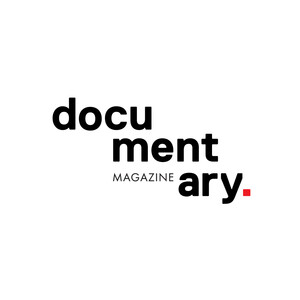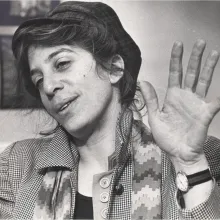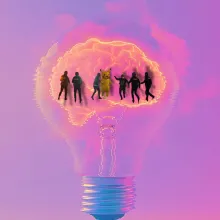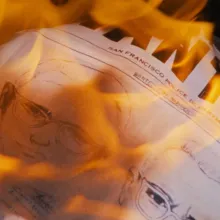IFP's Independent Film Week, which ran September 17 through 20 in New York City, had a strong focus on narrative filmmaking, but the programmers saved
Ethics

There was plenty to look forward to at the 11th Tribeca Film Festival. More than 30 documentaries played in competition and non-competition sections
Bea Wangondu and Andrew H. Brown on what to translate and what to keep sacred in their Sundance-premiering Kikuyu Land
In this interview, the Kramer brothers discuss ethical challenges and considerations in Holding Liat and weaving consent into the fabric of their
IndieCollect’s Sandra Schulberg reflects on the life of fellow co-founder Jill Godmilow, the iconoclastic filmmaker, beloved teacher, and influential
OpenAI’s Sora 2 mainstreams the collapse between irony and information, threatening the basic conditions under which documentary can operate
Revolutionary! Magical! Game-changing! These are some of the words being used to describe the results of AI-generated upscaling tools for archival and low-resolution footage. Some documentarians have turned to Video AI from Topaz Labs, a software featuring a suite of 30-plus AI models for video enhancement. To learn more about Video AI and the future of AI-assisted video upscaling, Documentary interviewed the Topaz CEO and Co-founder Eric Yang.
In a recent joint submission to a call for contributions on AI and Creativity at the United Nations Human Rights Council Advisory Committee, WITNESS, the Co-Creation Studio at MIT, and the Archival Producers Alliance (APA) outlined these pressing dangers. Drawing from years of frontline research, workshops, and advocacy with creative communities and human rights defenders around the world, we identified seven core threats AI poses to human creativity.
When it comes to AI and documentary, all bets are off in 2025. So, we scrapped our column line-up for The Synthesis and hit reset. To recap, it’s been a dizzying year so far: in Europe, the February Paris AI Policy Action summit failed to usher in much meaningful regulation, and in the U.S., under the new Presidential administration, a March directive from the National Institute of Standards and Technology eliminates the mention of “AI safety” and “AI fairness.” To reboot in this context, we checked in with a few documentarians, artists, and human rights advocates. We asked them this question: In this unregulated and dysregulated landscape, what are the immediate and new concerns of AI shaping the future of documentary filmmaking in 2025?
Prolific documentary essayist Charlie Shackleton’s latest film focuses on one of America’s most notorious criminals, the Zodiac Killer. Or rather, it’s a film about the documentary he would’ve made about the serial killer, had he been able to secure the rights to California Highway Patrol Officer Lyndon E. Lafferty’s 2012 true-crime book, The Zodiac Killer Cover-Up. As he describes the project that didn’t materialize, Shackleton pokes fun at the tropes that have come to define modern true crime shows. For Documentary, Shackleton spoke about weighing art against artifice and the ethical considerations of true crime.












